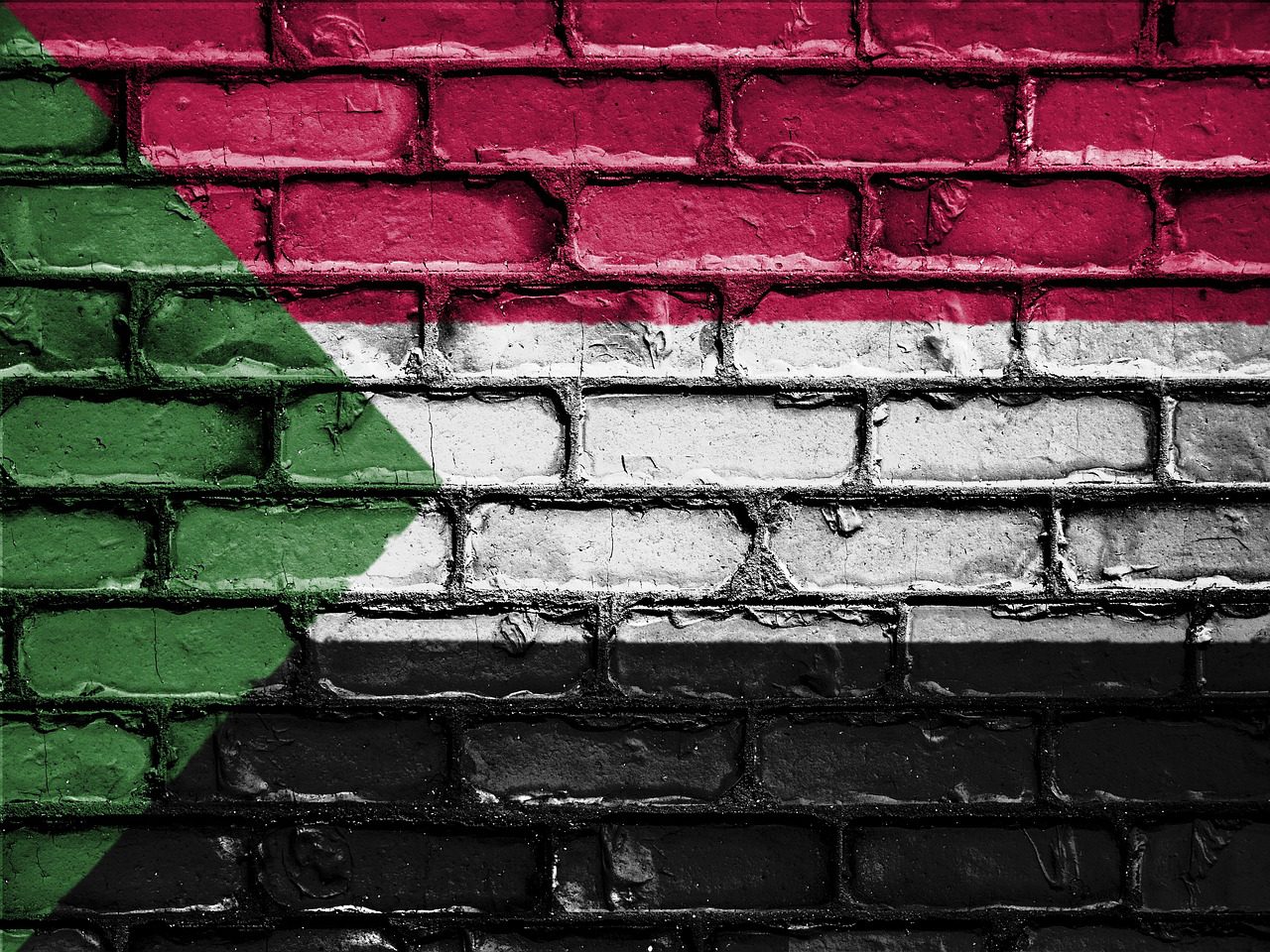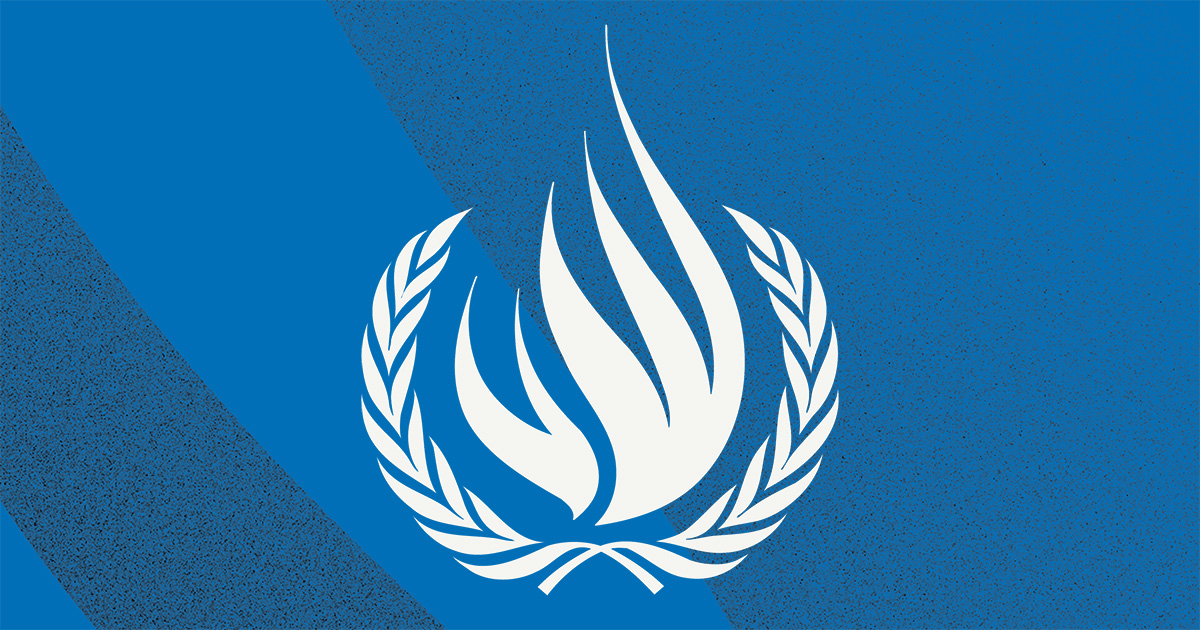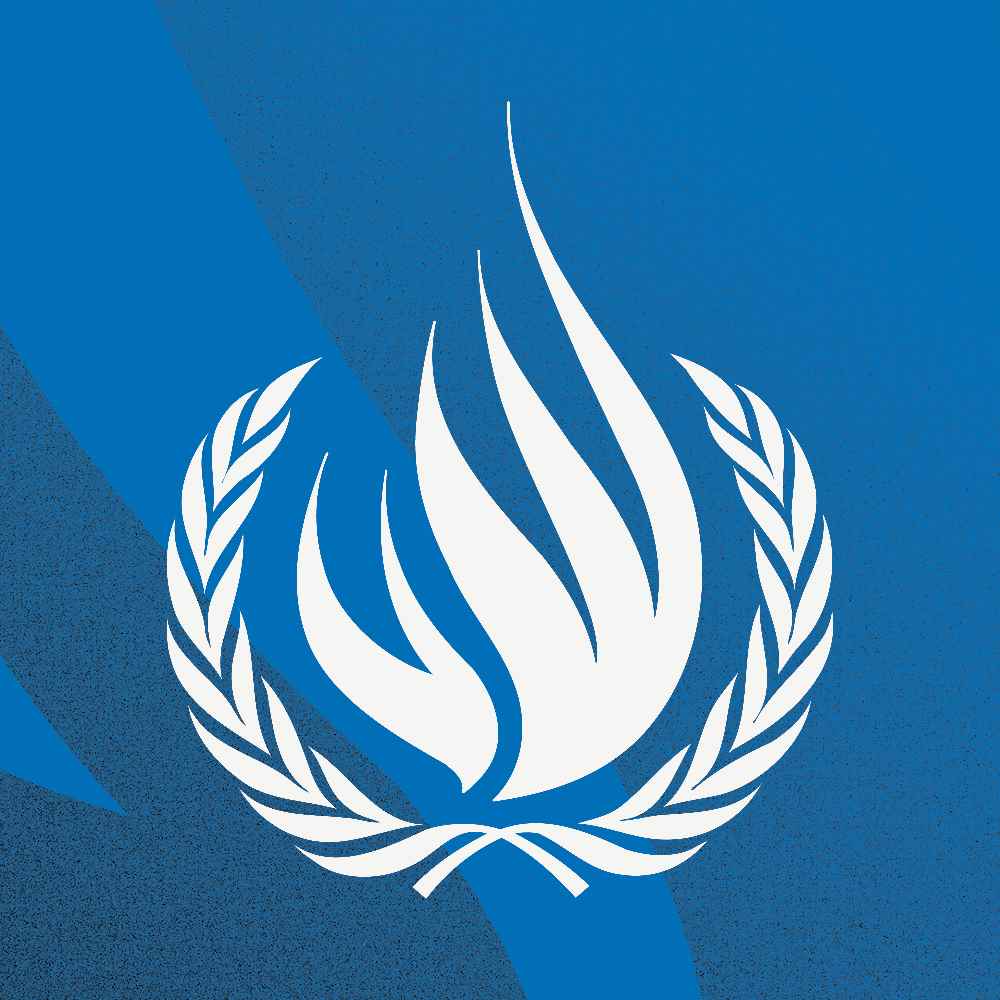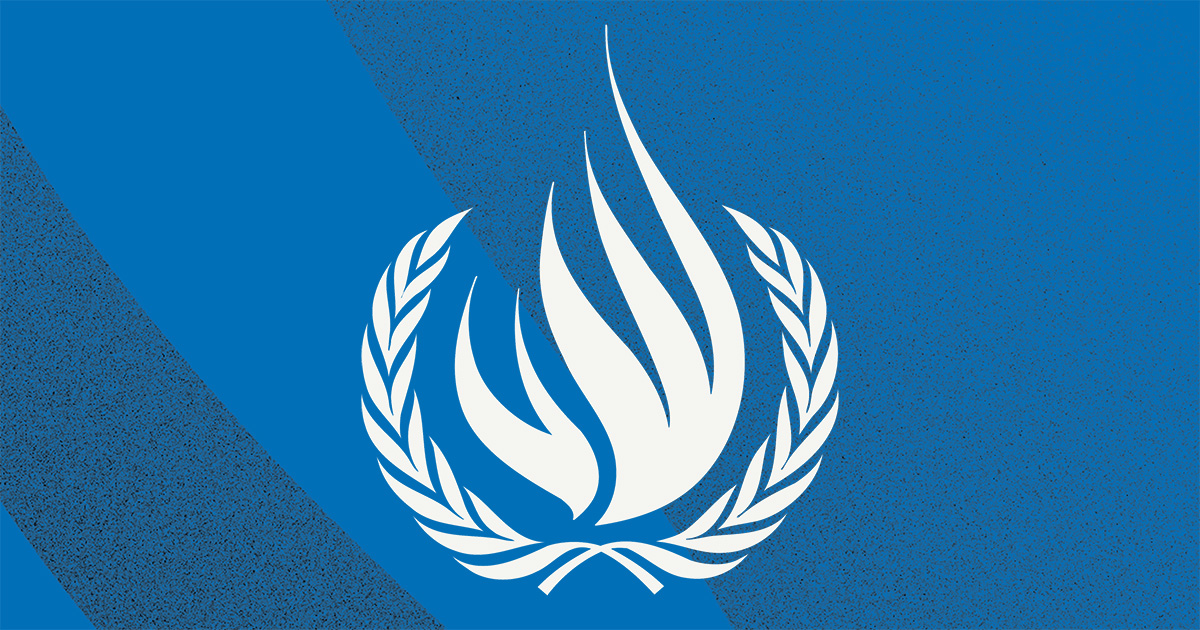
GENEVA (22 March 2024) – UN experts* today expressed alarm about increasing reports of trafficking in persons, especially women and girls, for purposes of sexual exploitation and sexual slavery, child and forced marriage, and the recruitment of boys for participation in hostilities in Sudan, against the backdrop of the deteriorating humanitarian crisis in the country that has caused an unprecedented mass displacement of over 9 million people.
Access to support for victims and survivors has reportedly deteriorated since December 2023, eight months after the outbreak of conflict between Rapid Support Forces (RSF) and the Sudanese Armed Forces (SAF) in April 2023, the experts said. Young women and girls, including internally displaced persons are reportedly being trafficked for sexual slavery and other forms of sexual exploitation.
“We are appalled by reports of women and girls being sold at slave markets in areas controlled by RSF forces and other armed groups, including in North Darfur,” the experts said.
The experts also expressed concern about the increase in child, early and forced marriage, reportedly a result of family separation, and gender-based violence, including rape and unwanted pregnancies.
“Despite previous warnings to both Sudanese authorities and RSF representatives, we continue to receive reports of recruitment of children to actively participate in hostilities, including from a neighbouring country,” the experts said.
“The recruitment of children by armed groups for any form of exploitation – including in combat roles – is a gross violation of human rights, a serious crime and a violation of international humanitarian law,” they said.
The experts expressed concern at continuing looting and attacks against UN agencies that are key to delivering humanitarian relief to a population greatly in need. “The capacity of humanitarian organisations to provide support has been limited after they were forced to close programming in the face of looted or destroyed offices and response spaces, including Women and Girls Safe Spaces (WGSS), confidential corners, and hospitals,” the experts warned.
“We are concerned that humanitarian, civil society and aid agencies are finding it difficult to operate in and access areas affected by conflict due to continuous interference. We have received reports indicating the control of armed groups over freedom of movement, including for aid organisations to travel and reach affected communities,” they said.
“We are gravely concerned at the targeting of at-risk populations, particularly women, children, refugee and internally displaced persons, and the increased risks of trafficking in persons due to ongoing hostilities in Sudan,” the experts said. “We call for accountability and effective investigation of violations of international human rights and humanitarian law, as required by international law.”
The experts also expressed concern about the impact of the closure of the UN Mission in Sudan, against the backdrop of continuing violence and insecurity.
The experts have been in contact with both the RSF and Sudanese authorities.
* The experts: Siobhán Mullally, Special Rapporteur on trafficking in persons, especially women and children; Tomoya Obokata, Special Rapporteur on contemporary forms of slavery, including its causes and consequences; Mama Fatima Singhateh, Special Rapporteur on the sale, sexual exploitation and sexual abuse of children; Ms Ashwini K.P., Special Rapporteur on contemporary forms of racism, racial discrimination, xenophobia and related intolerance; Paula Gaviria Betancur, Special Rapporteur on the human rights of internally displaced persons
The Special Rapporteurs are part of what is known as the Special Procedures of the Human Rights Council. Special Procedures, the largest body of independent experts in the UN Human Rights system, is the general name of the Council"s independent fact-finding and monitoring mechanisms that address either specific country situations or thematic issues in all parts of the world. Special Procedures" experts work on a voluntary basis; they are not UN staff and do not receive a salary for their work. They are independent from any government or organization and serve in their individual capacity.
For more information and media requests, please contact Clara Pascual de Vargas (clara.pascualdevargas@un.org)
For media inquiries related to other UN independent experts, please contact Maya Derouaz (maya.derouaz@un.org) or Dharisha Indraguptha (dharisha.indraguptha@un.org)
Follow news related to the UN’s independent human rights experts on Twitter @UN_SPExperts











